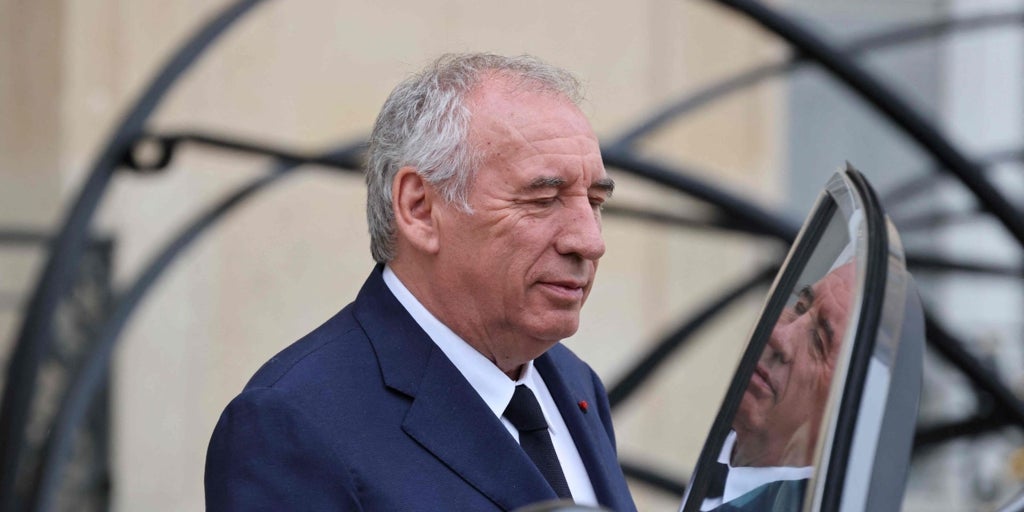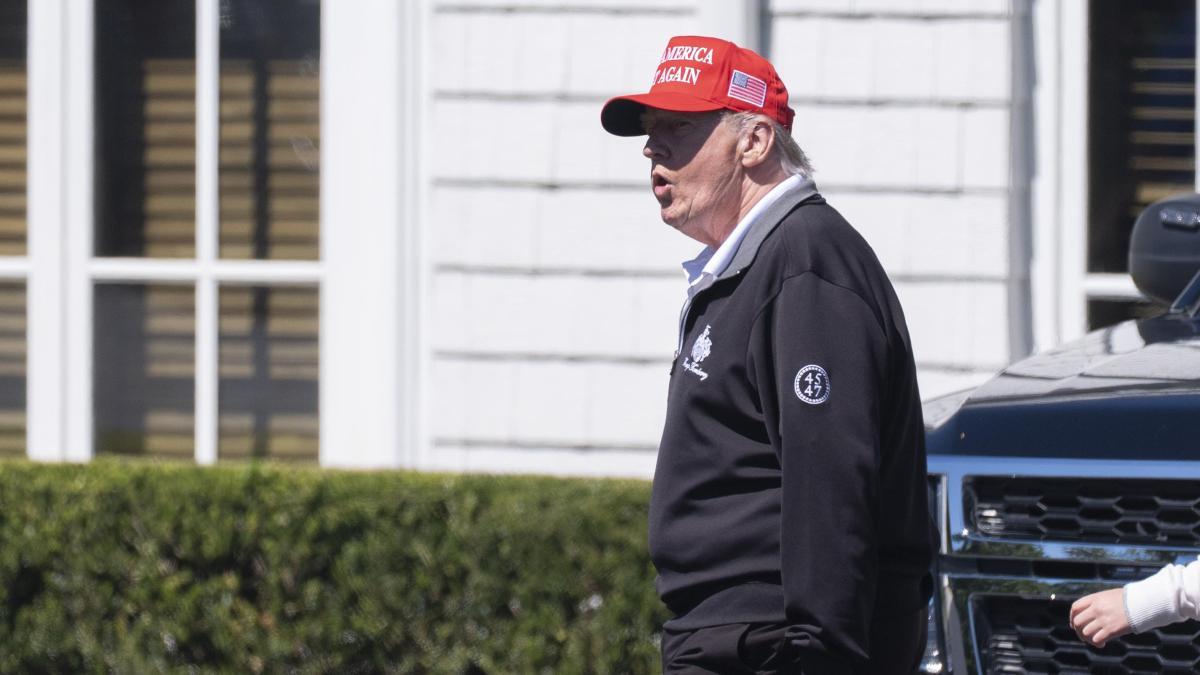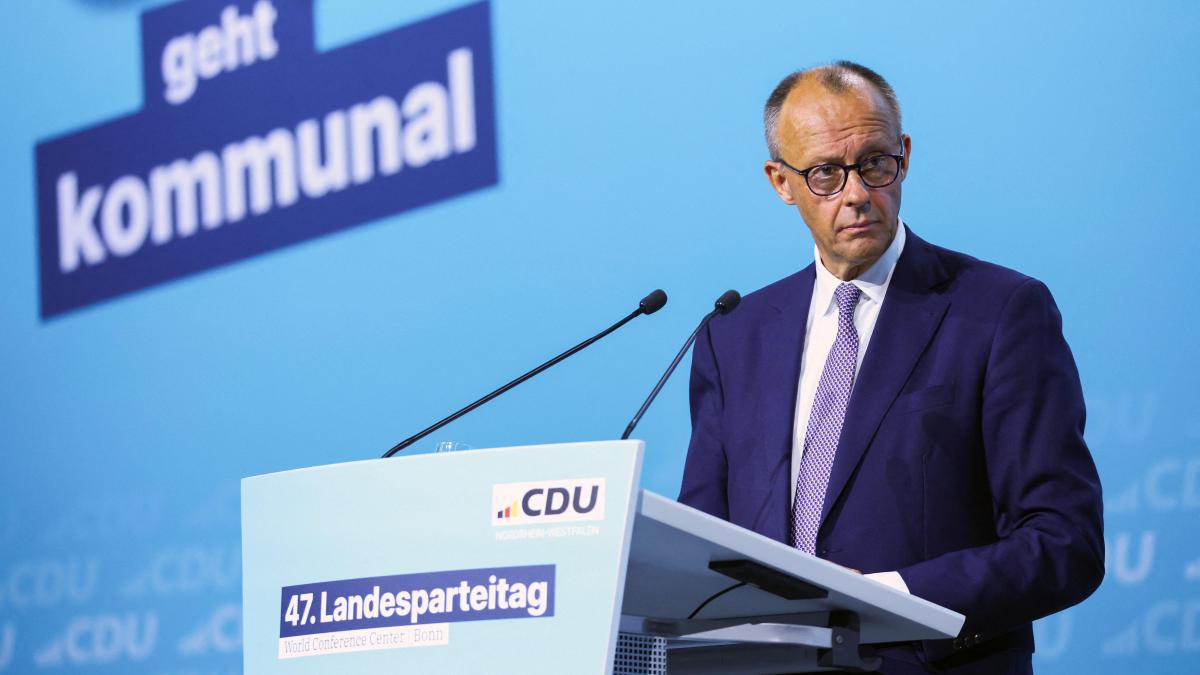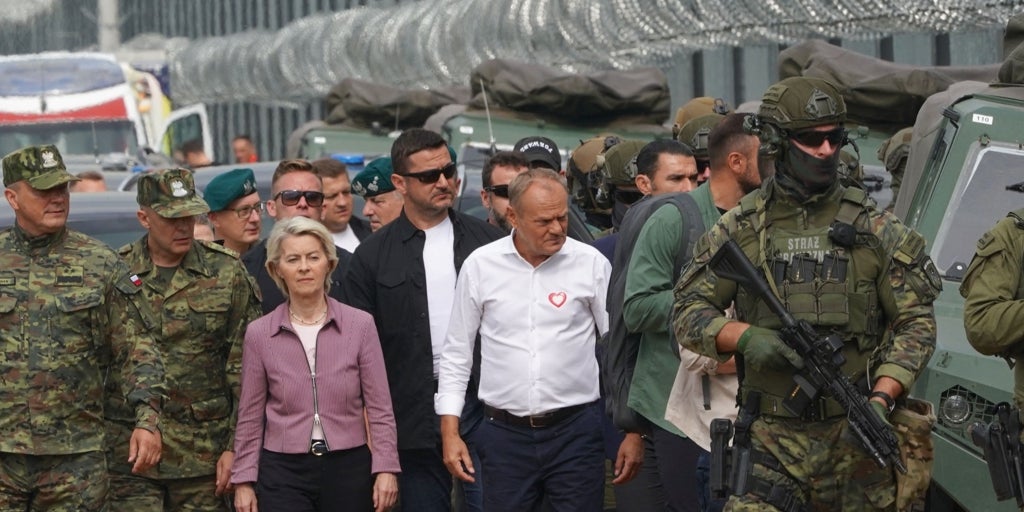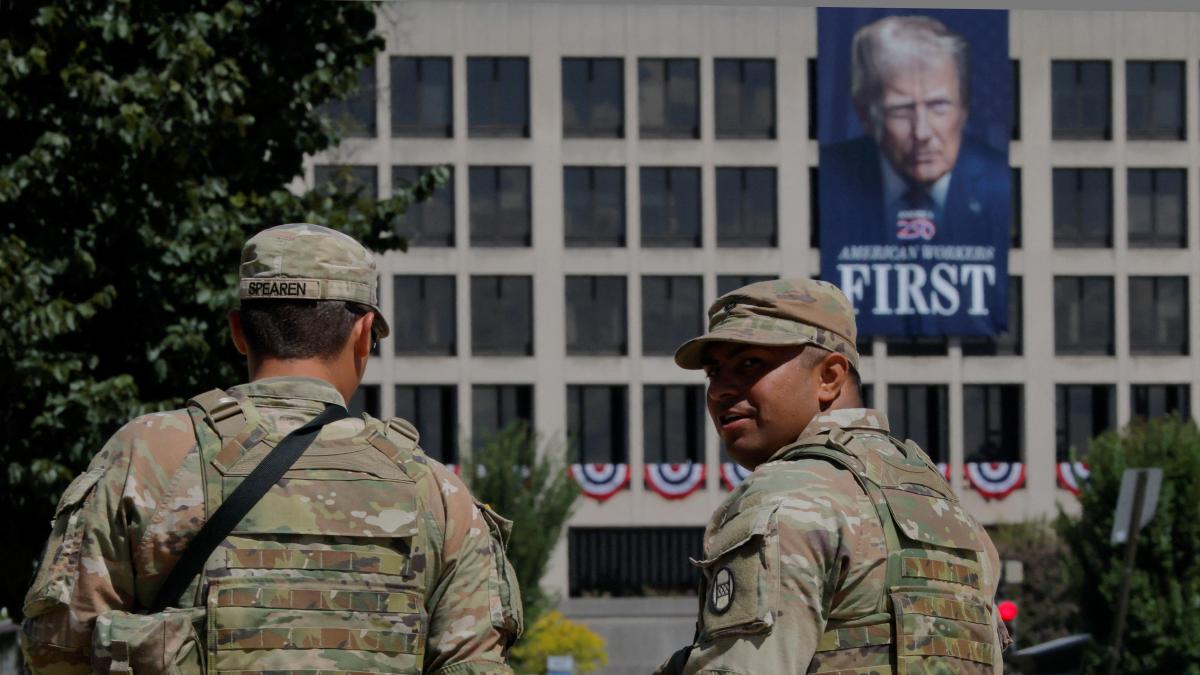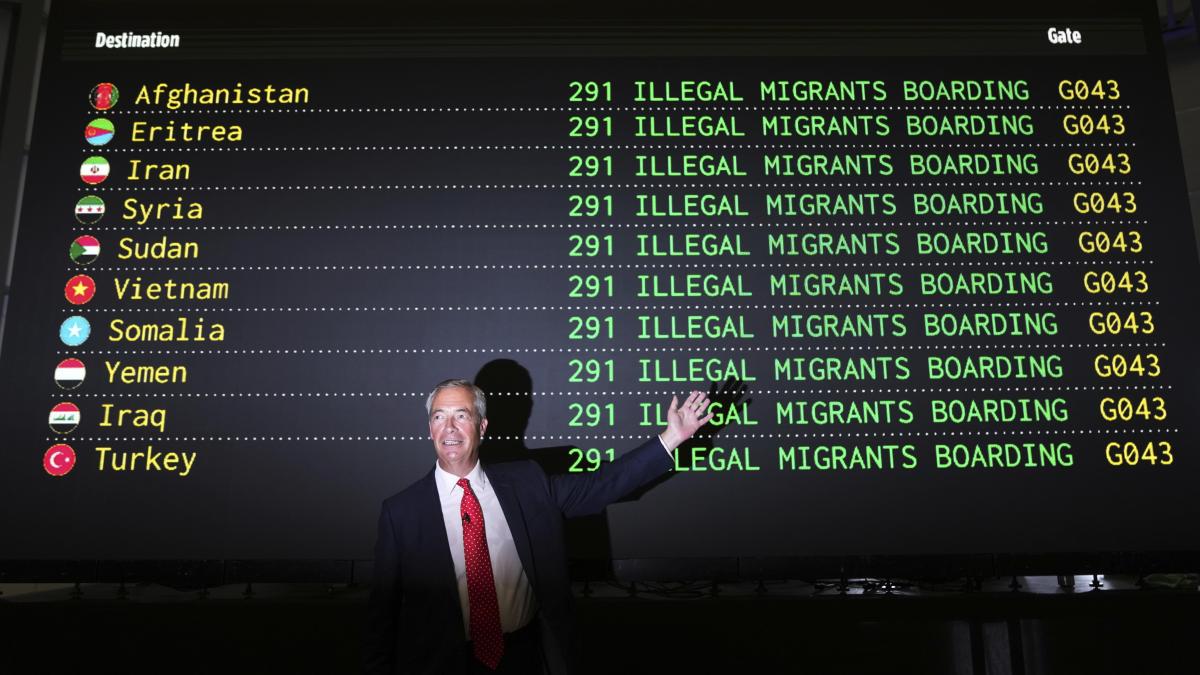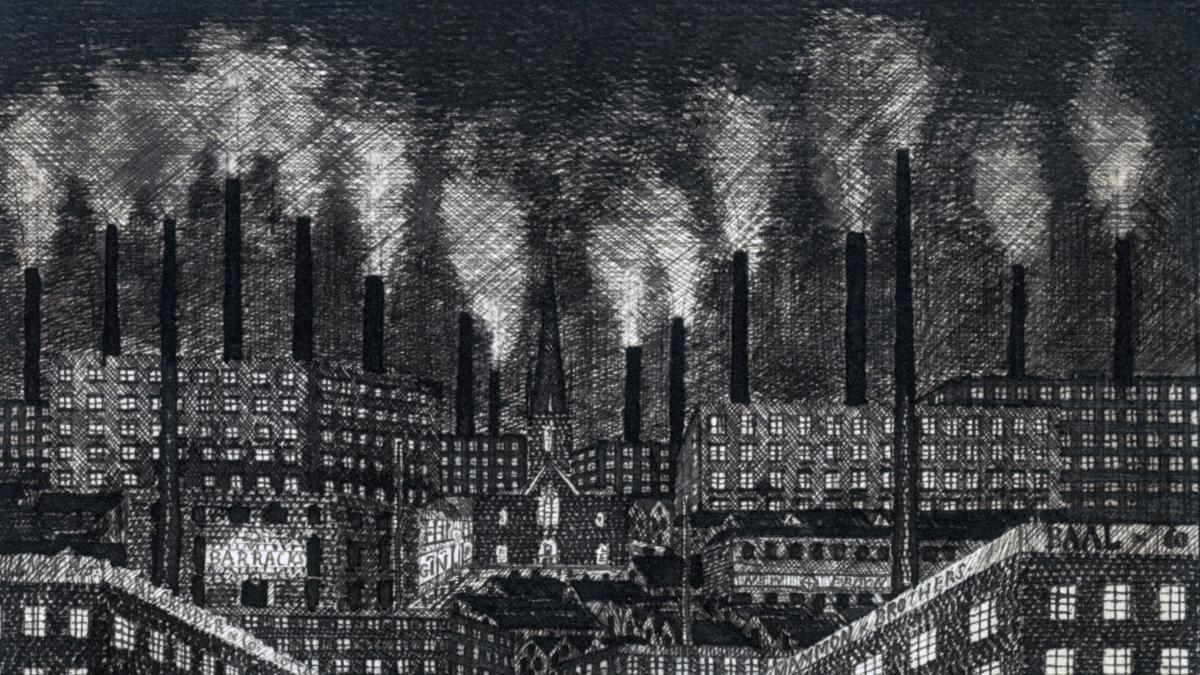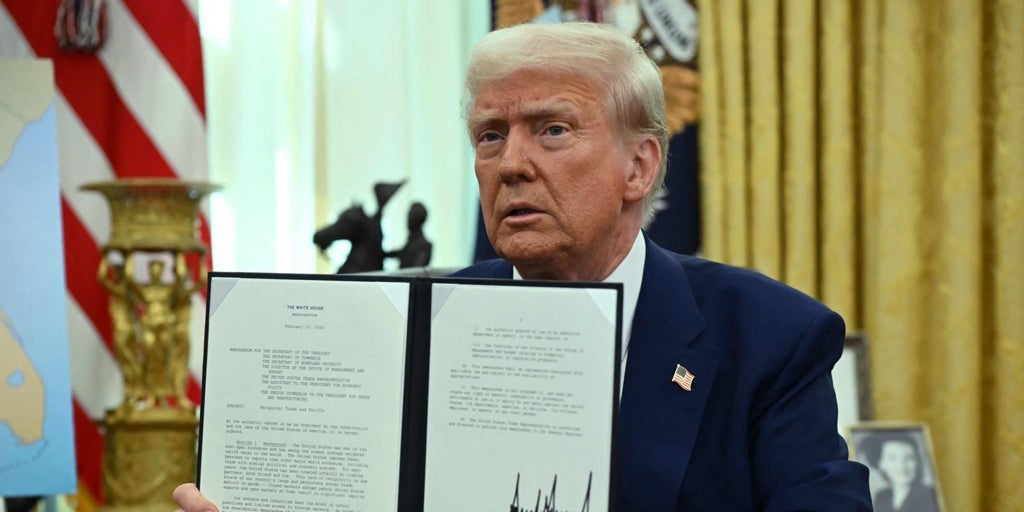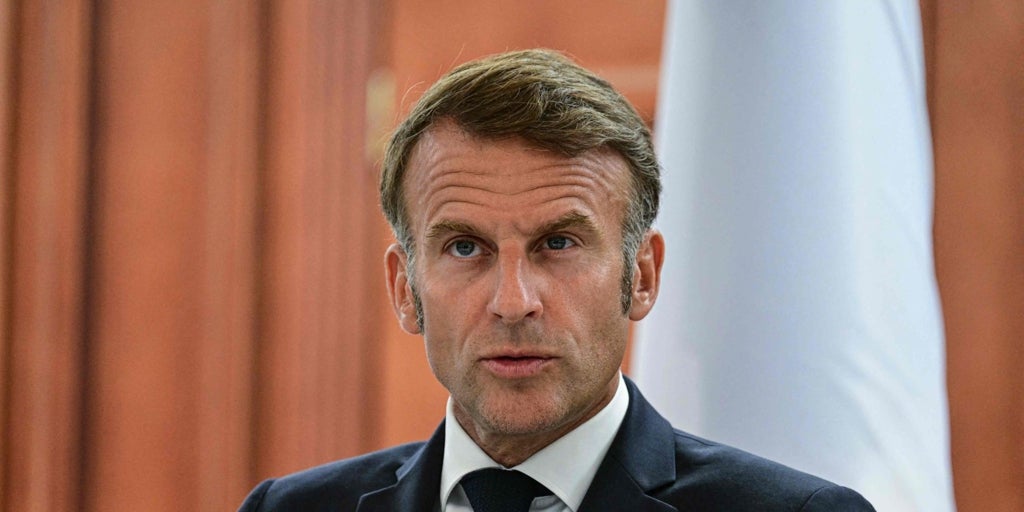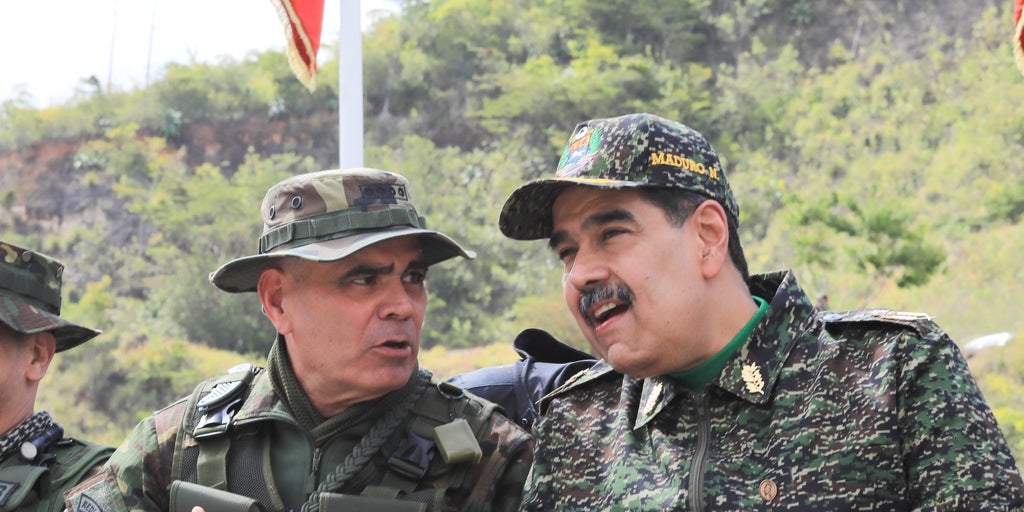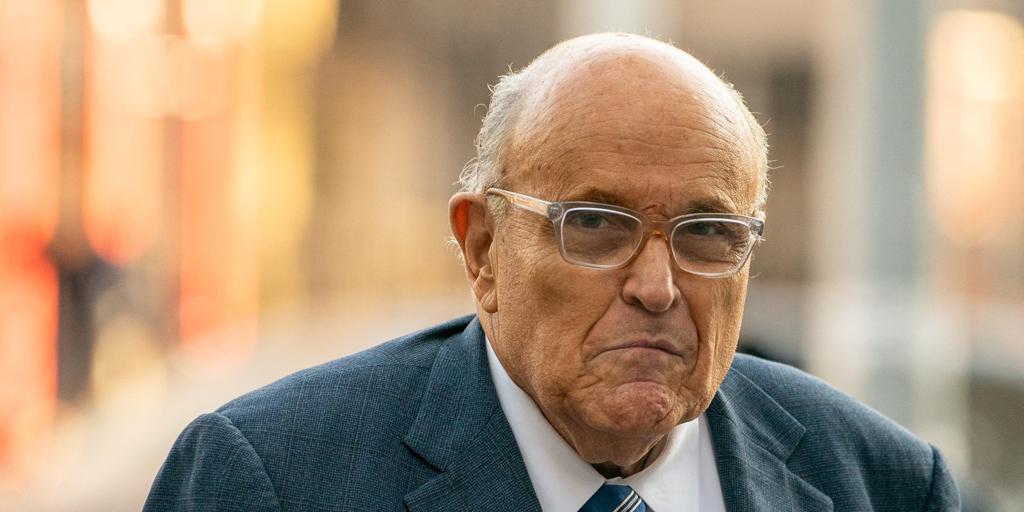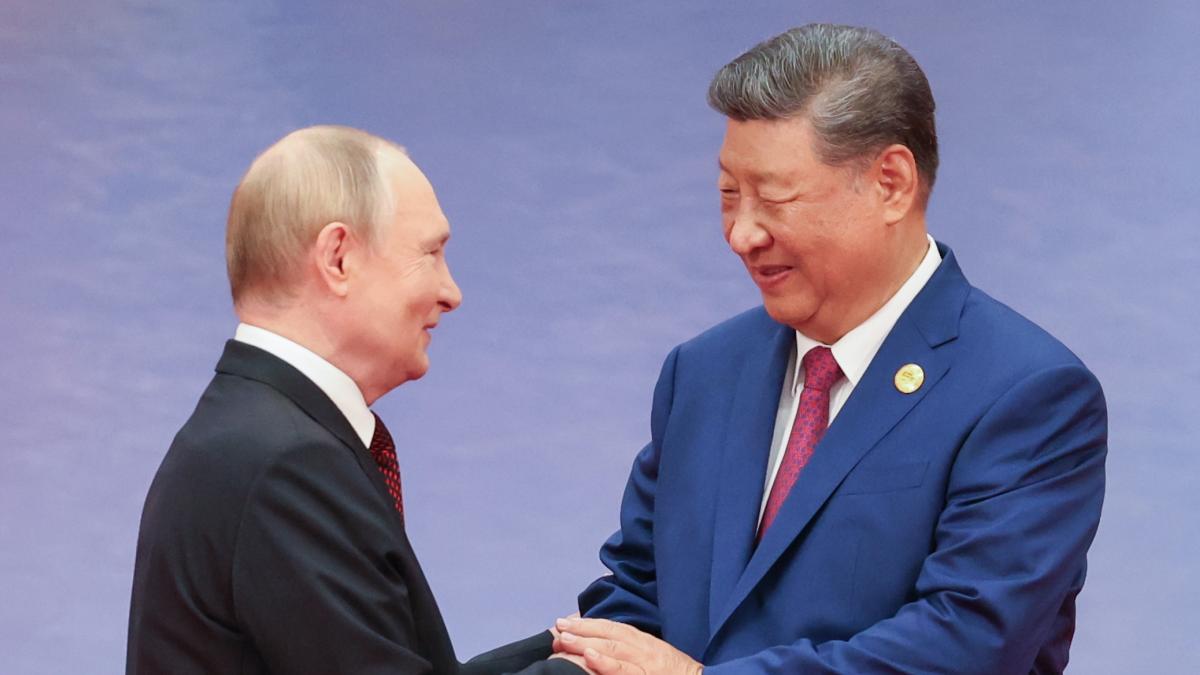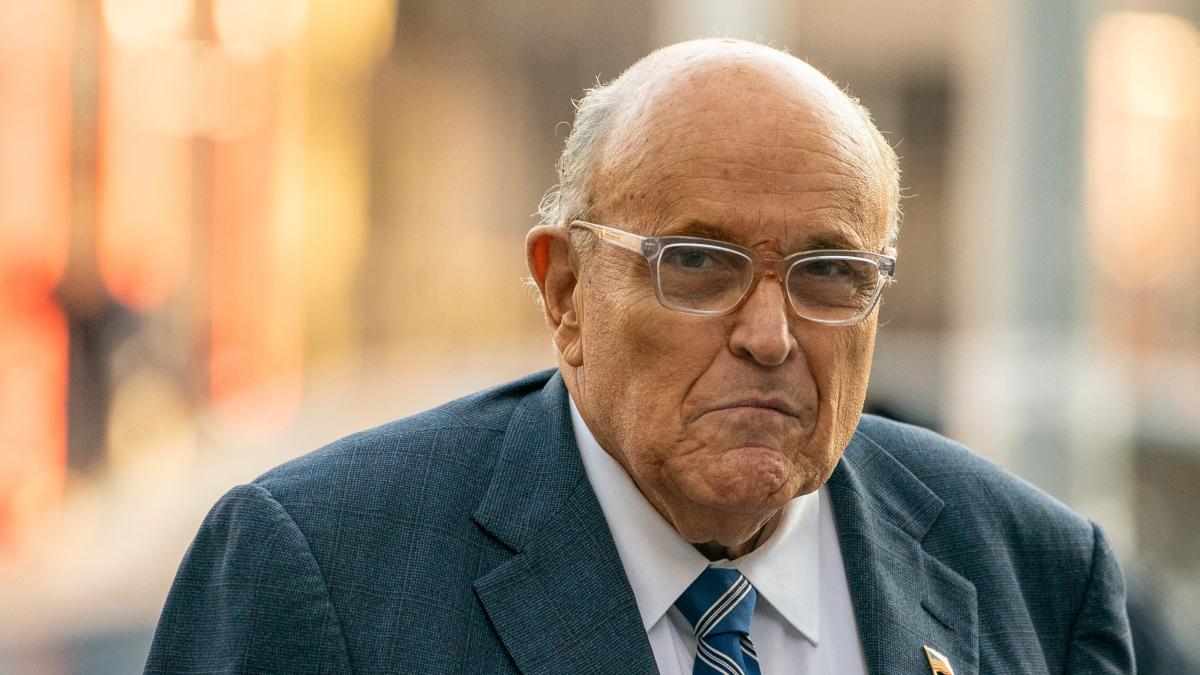Violence is the canonical root of fascism. European populisms, for the moment, have not resorted to it and democracy has resisted all their challenges. Trump, however, may be tempted to die like a strongman.
A century after Benitto Mussolini came to power in Italy, populism is once again at its peak. It emerged from the breach that Islamist terrorism opened on September 11, 2001 in the United States. Through it a magma of flags and songs emerged, of invocations to God and the country. Ancient symbols and spells united Americans and moved them from fear to hate. The paralyzing fear, full of melancholy, that enveloped them that tragic day at the end of summer gave way to a vigorous hatred, full of life, the euphoria that mobilizes armies on their way to the front.
The crises that have continued since then, the lost wars in Iraq and Afghanistan, as well as the pandemic and the expansion of anti-system algorithms, have kept hatred on the surface and facilitated democratic decay.
The election of Donald Trump for a second term is the clearest sign that what was started on September 11, 2001, the first day of the 21st century, does not stop, but on the contrary, it gains strength with each election.
Democracy, until now, has known how to defend itself. The institutions have worked and the electoral cycles have not stopped. Citizens have had the opportunity to vote against the same populist leaders who had brought them to power. Boris Johnson, Jaroslaw Kaczynski, Jair Bolsonaro and Donald Trump himself were defeated. Democracy deteriorated under his rule, but remained strong.
The hands of fascism wear white gloves, they seduce and squeeze
Today, however, we do not know if it will resist. The challenge faced in the United States is the most difficult because there, unlike in Europe, violence is manifest.
Political, systematic, public and homicidal violence is the canonical root of fascism. Mussolini demonstrated this in 1919 by founding the Combat Fascios in Milan. Violence seduces those called to combat, all those who put themselves in the hands of the new leader.
There is verbal violence and physical violence, political violence and warlike violence. There is no doubt that liberal democracies have been plagued by political violence for years. It is also true that they have participated in several wars, armed conflicts in the Sahel and the Middle East, above all, but also in Europe, where they have linked their future to the survival of Ukraine as a sovereign nation.
In Europe today, children are born in the fifth generation since the end of the Second World War. The previous four have lived in peace and prosperity. Neither the Cold War nor the conflicts in the Balkans prevented the consolidation of the European Union, the largest and most successful multinational project in favor of peace and collective progress that humanity has known. These citizens have voted for populist and sovereigntist leaders, but it seems difficult for them to accept a warmongering leader.
In the United States, however, they just elected a bully for the second time. Trump seemed like a fascist to me since he walked down the golden stairs of his tower in Manhattan in 2015 to announce his candidacy for the presidency. It met all the requirements that Umberto Eco had described. The main one was “not possessing any quintessence, not even a single essence.” The authoritarian leader is a nebula. There is nothing solid inside, no inalienable conviction. He is a traitor as well as a fraudster.
Antonio Scurati, Mussolini’s biographer, speaks of “the tactical supremacy of the void” where everything is possible because nothing is concrete. Conquering and keeping power is easier this way, surrounded by loyal and sacrificial people, supported by the rhetoric of the self, exhibiting a theatricalized body.
It is easier to talk body to body than head to head, especially today when mass politics has found its perfect medium in social networks.
Trump communicates with his orange body placed in the center of the television spectacle that is his life. The historian Robert Paxton, a leading voice on fascism, considers that he is a fascist. Timothy Snyder goes further and anticipates that he will remain in power.
In the United States there are plenty of weapons and war experiences to provoke an uprising
If Trump wants to die a fascist dictator, he will need violence. In addition to the power of the presidency and the immunity guaranteed by the Supreme Court, he will need an uprising like the one on January 6, 2021, with his supporters launched to conquer the Capitol. In the US, unlike Europe, there are plenty of weapons and wars to get it going. From Korea and Vietnam to Iraq and Afghanistan, there is not a generation of Americans that has not been affected by conflict.
Fascism is a movement and a feeling. It abounds in emotional chaos and intellectual incongruity. It is growing among us, among people who, tired of elitist arguments about the future of the world, wait for a Trump to give them the order to attack.
If that moment comes, Democrats will have to consider how they confront the State to save the nation.


